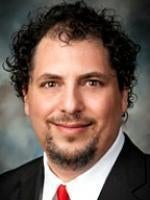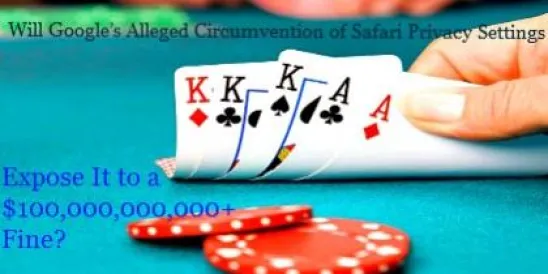The 78th Session of the Nevada Legislature began on February 2, 2015. Regular sessions of the Nevada Legislature are held biennially in odd-numbered years. As of the date of this article, the following bills related to gaming have been introduced:
Assembly Bill 40 provides that certain actions and proceedings of the Gaming Control Board are not subject to certain provisions of the Open Meeting Law.
Senate Bill 9 requires the Nevada Gaming Commission to adopt regulations that encourage manufacturers to develop and deploy gaming devices that incorporate innovative, alternative and advanced technology.
Senate Bill 38 imposes licensing requirements on manufacturers and distributors of associated equipment. This bill removes the licensing requirement for cash access and wagering instrument service providers and providers of certain intellectual property or information via a database or customer list. The bill also repeals the provisions authorizing the Commission to license manufacturers of equipment associated with interactive gaming.
Senate Bill 40 expressly criminalizes unlicensed sports book activities and providing assistance to unlicensed sports books to provide a clear predicate offense for federal law prosecutions.
Senate Bill 98 amends Nevada’s public policy concerning the gaming industry by adding that the purpose of the gaming industry is to generate revenue and create jobs for the inhabitants of Nevada.
Senate Bill 124 authorizes the Board to allow a licensee to move the location of its establishment and transfer its nonrestricted license to a location within one mile of the existing location if the move is necessary because the existing location of the establishment is adjacent to a military installation and has been designated by the Federal Government as necessary for the expansion of the military installation.
There are additional Bill Draft Requests (“BDRs”) related to gaming that have not yet been introduced as written bills, including BDR 83, which creates “slot parlors” as a new category of gaming license for operators with 15 or fewer machines whose primary business is gaming, increases the tax rate for slot parlors to 15% and makes various other changes related to gaming.






 />i
/>i

